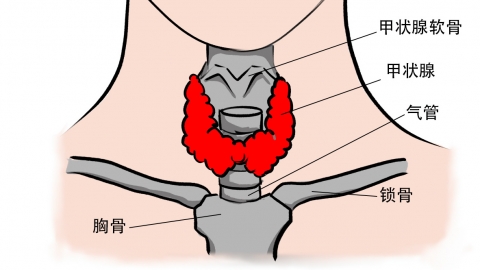What does subclinical hypothyroidism mean?
Subclinical hypothyroidism, also known as subclinical thyroid dysfunction, refers to a condition in which thyroid hormone levels are normal, but thyroid-stimulating hormone (TSH) levels are elevated. If abnormalities are detected, timely medical consultation is recommended. Detailed explanation is as follows:

During subclinical hypothyroidism, thyroid hormone secreted by the thyroid gland remains within the normal range, and the body's metabolism typically shows no obvious abnormalities. Most individuals experience no significant symptoms. Elevated TSH levels occur as a result of mild thyroid dysfunction; the pituitary gland increases secretion of this hormone in an attempt to stimulate the thyroid to produce more hormones, representing a compensatory response.
Some cases of subclinical hypothyroidism may progress to overt hypothyroidism. As thyroid function further declines and thyroid hormone levels drop, symptoms such as fatigue, cold intolerance, and weight gain may appear. This progression is associated with the degree of thyroid tissue damage and the individual's immune status, thus requiring continuous monitoring.
After diagnosis of subclinical hypothyroidism, regular thyroid function tests should be conducted, with close attention to any symptom changes. When necessary, interventions should be carried out under medical guidance to prevent disease progression.








